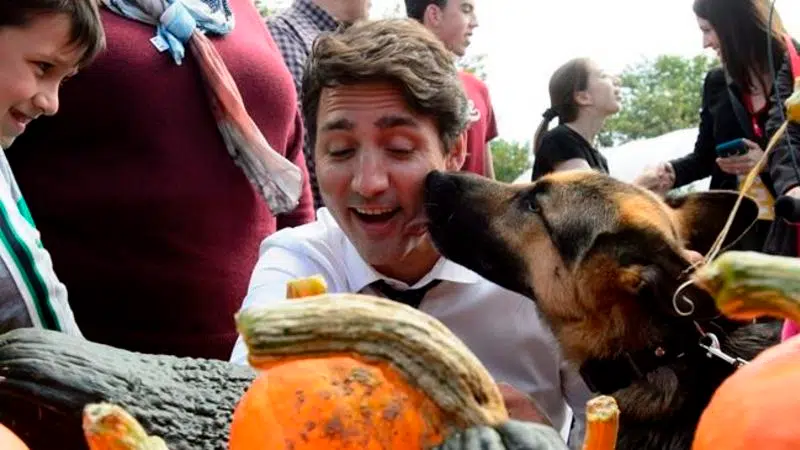
East Coast vote: Liberals brace for losses in New Brunswick and Nova Scotia
HALIFAX — At first glance, it would appear Justin Trudeau’s Liberals built an electoral fortress in Atlantic Canada in 2015, having won all of the region’s 32 ridings.
Four years later, with the party on the defensive over the leader’s blackface bombshells, the Liberal ramparts on the East Coast have been shaken, and there are clear indications the Conservatives will make significant gains on election day.
Even before the Liberal leader apologized last week for what he admitted were racist acts from his past, the party was bracing for losses in Nova Scotia and New Brunswick, where traditionally Tory ridings will be the ones to watch on Oct. 21.
A few seats in Prince Edward Island and Newfoundland and Labrador are also in contention, but Conservative and third-party gains in those provinces are expected to be minimal.
